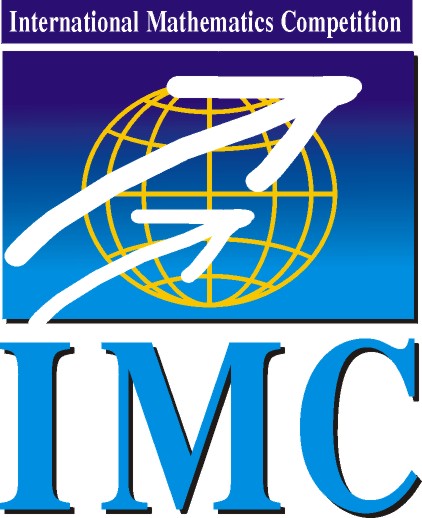
|
International Mathematics Competition
|
IMC 2026 |
| Information | Results | Problems & Solutions |
IMC2019: Day 2, Problem 6
Problem 6. Let \(\displaystyle f,g: \RR\longrightarrow \RR\) be continuous functions such that \(\displaystyle g\) is differentiable. Assume that \(\displaystyle \bigl(f(0)-g^{\prime} (0)\bigr)\bigl(g^{\prime} (1)-f(1)\bigr)>0 \). Show that there exists a point \(\displaystyle c\in(0,1)\) such that \(\displaystyle f(c)=g^\prime (c)\).
Proposed by Fereshteh Malek, K. N. Toosi University of Technology
Solution. Define \(\displaystyle F(x)=\int_{0}^{x}f(t)\mathrm{d}t\) and let \(\displaystyle h(x)=F(x)-g(x)\). By the continuouity of \(\displaystyle f\) we have \(\displaystyle F'=f\), so \(\displaystyle h'=f-g'\).
The assumption can be re-written as \(\displaystyle h'(0)\big(-h'(1)\big)>0\), so \(\displaystyle h'(0)\) and \(\displaystyle h'(1)\) have opposite signs. Then, by the Mean Value Theorem For Derivatives (Darboux property of derivatives) it follows that there is a point \(\displaystyle c\) between \(\displaystyle 0\) and \(\displaystyle 1\) where \(\displaystyle h'(c)=0\), so \(\displaystyle f(c)=g'(c)\).
© IMC